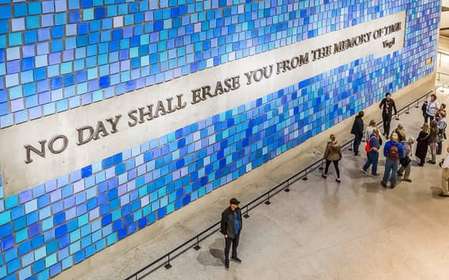- Home
- Useful Tips
- Finding authentic cultural...
Finding genuine cultural workshops in Harlem proves challenging for many visitors. Over 60% of travelers report dissatisfaction with 'local experiences' that turn out to be generic tourist traps, according to a recent urban tourism survey. The neighborhood's rich artistic legacy – from jazz-age speakeasies to contemporary Black artistry – deserves more than superficial encounters. You want to connect with real creators preserving Harlem's soul, not packaged performances designed for quick photo ops. The frustration mounts when limited vacation time gets wasted on inauthentic activities that could have been spent learning traditional African drumming from a master or discussing the Harlem Renaissance with scholars. This search for depth in cultural tourism matters because Harlem's living history transforms visitors when experienced through the hands and voices of those who call it home.


Why most Harlem cultural tours miss the mark
The proliferation of mass-market Harlem experiences often obscures authentic cultural workshops. Many operators prioritize volume over quality, herding groups through sanitized versions of local traditions without meaningful engagement. You might find yourself in a crowded 'jazz history' session led by a non-resident guide, far removed from the intimate parlors where musicians actually gather. The neighborhood's true creative pulse thrives in smaller spaces – the converted brownstone where a griot teaches West African storytelling, or the basement studio hosting weekly salsa piano workshops. These genuine interactions rarely appear on generic tourism platforms, requiring local knowledge to discover. Commercial operators frequently lack connections to Harlem's artistic networks, defaulting to superficial activities that check boxes without delivering cultural substance.
Mapping Harlem's authentic workshop scene
Harlem's most meaningful cultural workshops cluster around community institutions rather than tourist hubs. Start your search near historic landmarks like the Schomburg Center, where affiliated artists often host calligraphy workshops celebrating African diasporic scripts. The area around 125th Street and Adam Clayton Powell Jr. Boulevard hides several gems, including a legendary tap dance studio offering Saturday morning classes. For music enthusiasts, authentic jazz workshops unfold at neighborhood churches and cultural centers rather than advertised 'experiences.' Local art collectives frequently open their doors for pottery and textile workshops, particularly during Harlem Week in August. These grassroots venues maintain authenticity by limiting group sizes and prioritizing participant engagement over spectacle. Visiting during off-peak weekdays increases chances of meaningful interaction with teaching artists.
Timing your visit for workshop authenticity
Harlem's cultural workshops reveal their true character when aligned with the neighborhood's natural rhythms. Many authentic experiences operate on African time – starting when the community gathers rather than by the clock. Sunday afternoons often bring spontaneous gospel workshops at local churches, while weekday evenings see master drummers teaching traditional patterns in Marcus Garvey Park. Summer months offer abundant outdoor workshops during street festivals, where you might learn Haitian dance between food stalls. Winter shifts activities indoors to cozy brownstone basements perfect for storytelling circles. The key is flexibility – rigid schedules rarely accommodate Harlem's organic creative flow. Early morning visits to neighborhood cafes can yield handwritten workshop invitations on community bulletin boards, often listing phone numbers rather than websites for RSVPs.
Connecting directly with Harlem's teaching artists
The most profound cultural workshops emerge from direct relationships with Harlem's artists. Many masters prefer teaching through personal networks rather than commercial platforms. Start conversations at local bookstores like Sister's Uptown, where bulletin boards advertise private lessons in everything from jazz improvisation to Yoruba beadwork. Frequent neighborhood eateries – family-run spots like Sylvia's or Red Rooster often host artists willing to share skills over meals. Social media groups like 'Harlem Artisan Exchange' provide direct access to workshop announcements before they reach mainstream channels. When approaching artists directly, emphasize your genuine interest in their craft rather than seeking Instagrammable moments. This respectful engagement often unlocks invitations to intimate sessions where cultural transmission happens most meaningfully.



